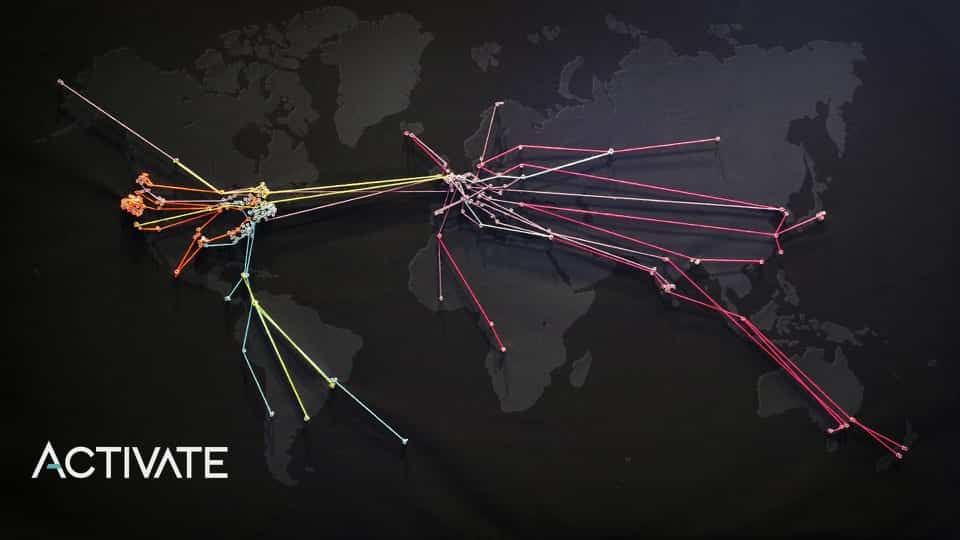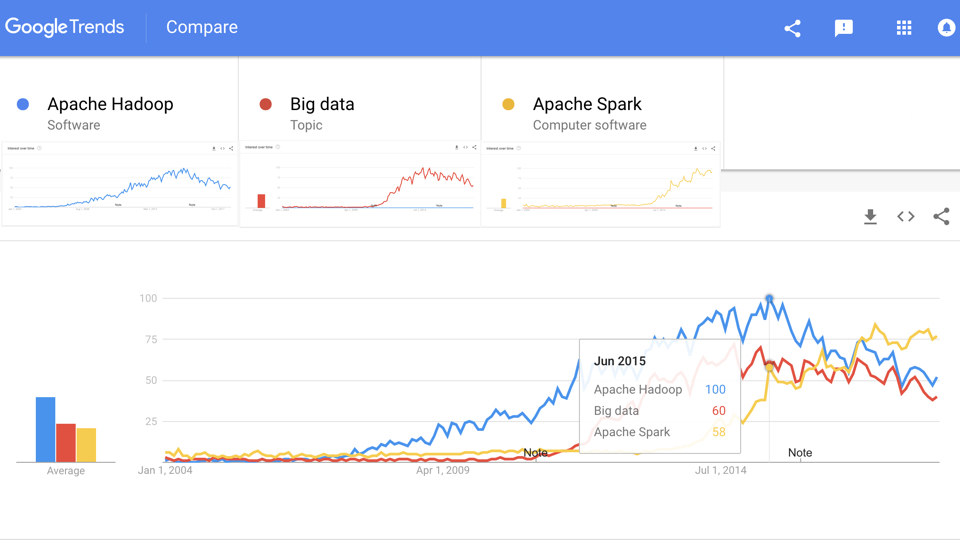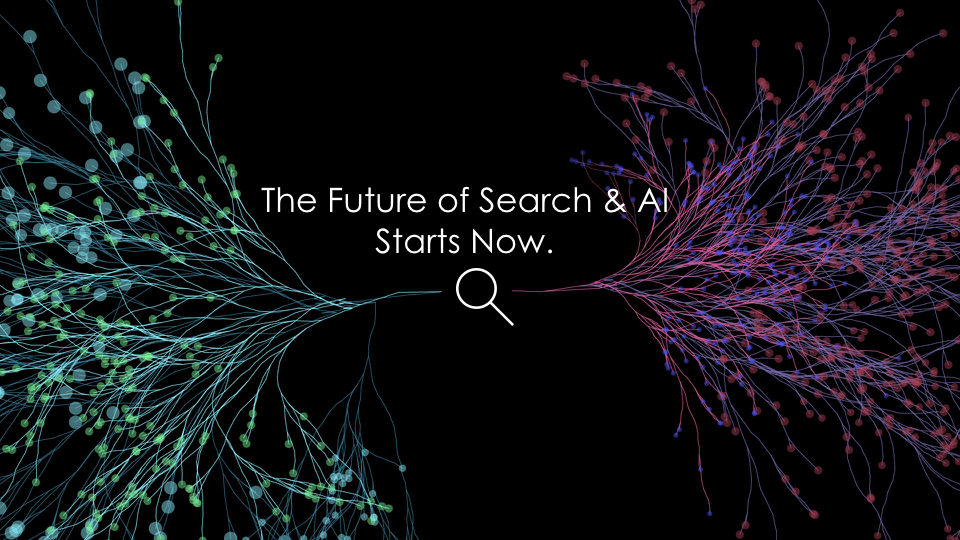Activate Conference 2018 Wrap-Up: The Future of Search and AI

Practitioners in the search, Apache Solr, and AI communities from 39 countries converged last week at the Activate conference in Montreal to discuss the challenges and opportunities in their fields today. A multitude of trainings and talks on subjects spanning the spectrum were presented, from use case stories about how companies like Slack and Reddit scale their search, to using Apache Solr to power a 3D printed open source robot. And, undoubtedly, during breaks and social hours, one-on-one conversations sparked new ideas between experts and newcomers as knowledge was shared. Here’s a brief wrap-up of some of Activate’s highlights and themes this year:

In his opening remarks, Lucidworks CEO Will Hayes explained the rebranding of the conference from “Lucene/Solr Revolution” to “Activate” saying, “We can successfully declare that the revolution has been won. Open source isn’t just a mainstay in enterprise technology stacks – it has become the standard for how innovative products and solutions are brought to market.” The additional focus on AI this year was a natural evolution of the conference as search activates AI. In fact, search has been the instrument for the most widespread use of AI for the past 20 years.
Where is search headed now?
Here’s just a small selection of innovative search uses demonstrated in conference talks :
- A Q&A system created with deep learning algorithms to provide a natural language interface between questions and the answers. Such as “Can my wife drive on my insurance?,” and the response “The answer is yes, unless your husband has coverage on a separate auto insurance policy.”
- Red Hat’s robust customer portal built with Lucidworks Fusion and Solr that has dramatically reduced support costs and improved customer satisfaction as customers prefer the ability to self-solve issues at their convenience.
- Search is driving intelligence around cybersecurity and real-time threat detection.
- Query intent understanding and relevancy improvements are being made using contextually-driven semantic search.
- Learning to Rank is being leveraged for type-ahead and many additional powerful ways.
Search provides the most natural interface between consumer and enterprise by capturing each person’s intent and desires. With the customer experience bar continuously being raised by companies like Google and Amazon, customer expectations are high.

This could explain why big data, Apache Hadoop, and data lakes are reducing in popularity and effectiveness. Meanwhile, interest in Apache Spark, Solr, and their combined powers in Lucidworks Fusion continue to rise as they provide actionable insights and a means to improve customer satisfaction.
Someday soon typing into a search box won’t be necessary as AI will predict a user’s desire before it’s expressly stated. Of course, this progress requires an extensive amount of work for people in the search and AI fields, as well as people in correlated fields who will enable efficiency in its adoption. As Lucidworks SVP of Engineering Trey Grainger said during Activate’s closing keynote, “We need search to be multi-disciplinary, taking the best from devops, cloud ops, text search, personalization and recommendations systems, data science, and business domain experts, to enable us to activate our data and maximize the impact.”
Above all, the conference echoed that the future of search and AI is not artificial, it has to be centered around humans: human experiences, human advancement, and evolutions in the way we communicate. The fields of search and AI are turning away from a short-sighted data centered approach and toward the humans at its core. This begins at conferences like Activate, where people on the cutting edge of this technology challenge each other to improve.

Session recordings and slides from Activate 2018 will be available in the coming weeks on YouTube and SlideShare. Follow us on Twitter to stay up-to-date on all conference materials and dates and location for 2019.
LEARN MORE
Contact us today to learn how Lucidworks can help your team create powerful search and discovery applications for your customers and employees.